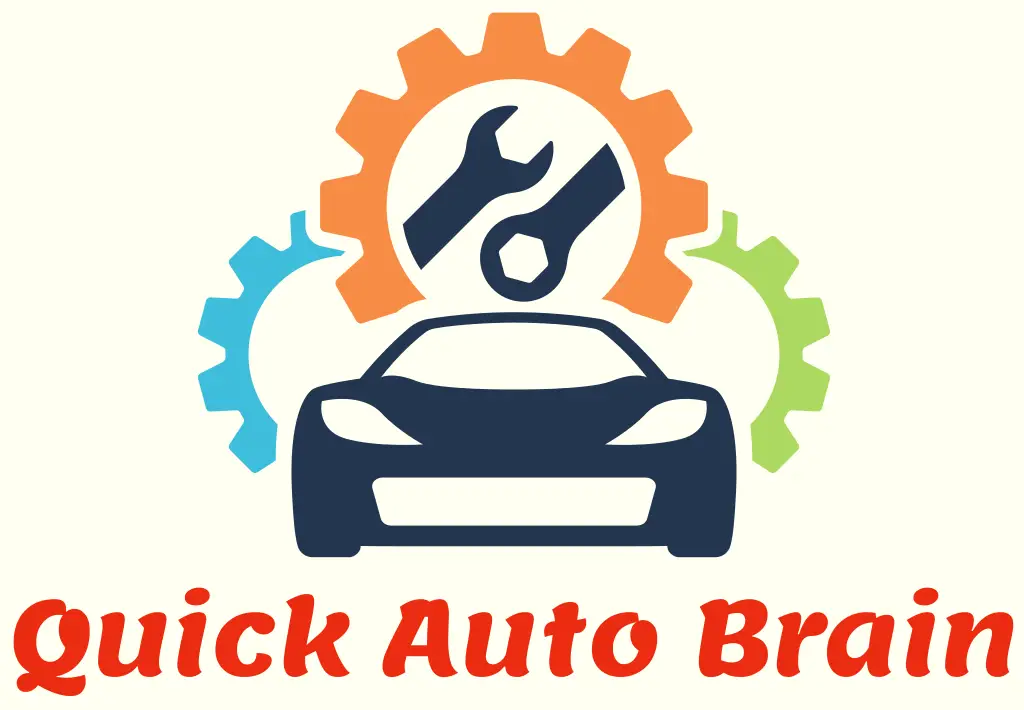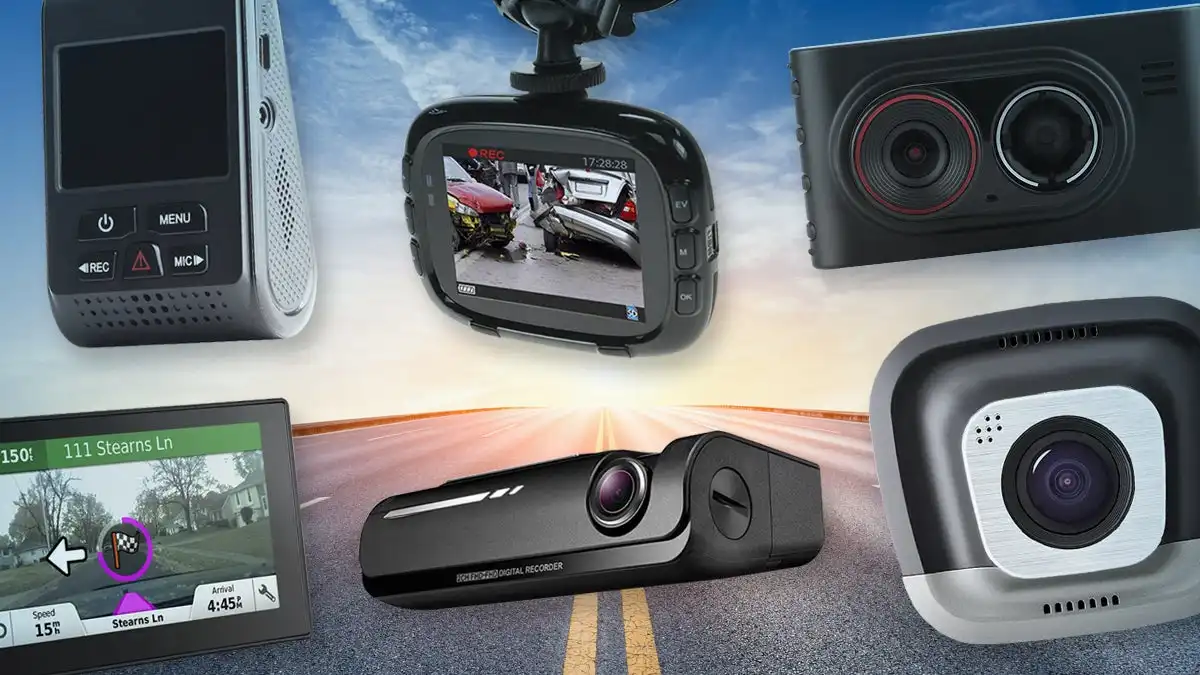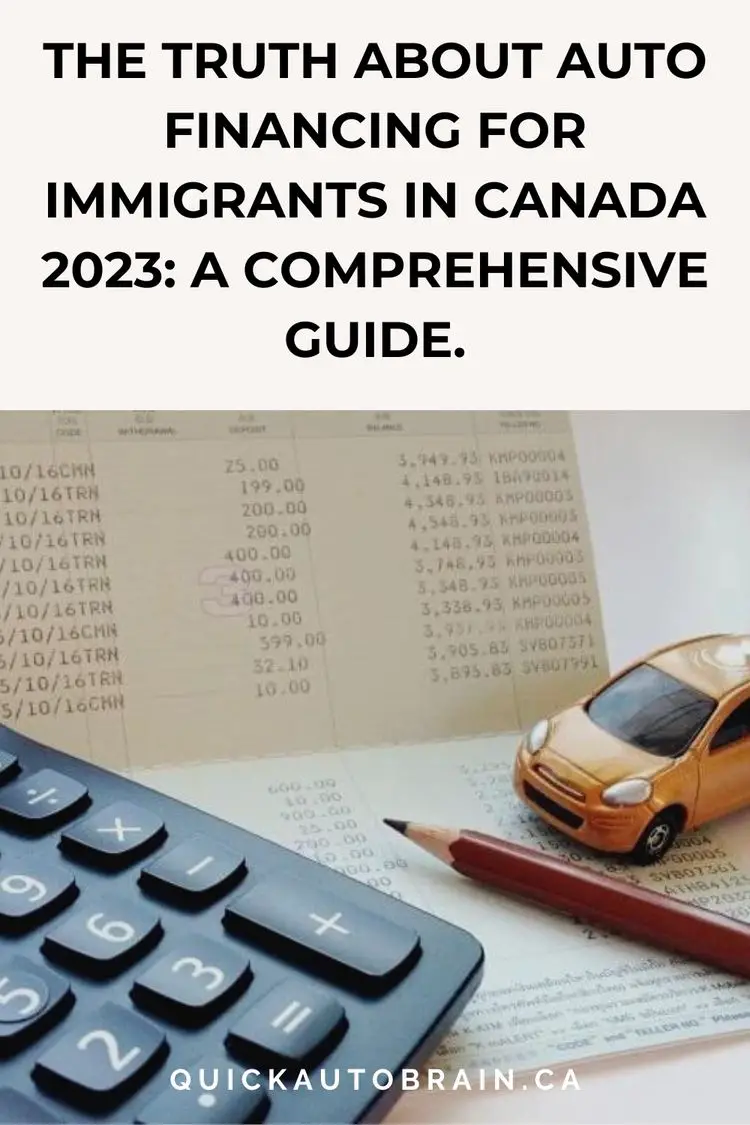When the time comes to trade in your old car for a newer one, the idea of stretching your budget to buy a brand-new model can be tempting. That new car scent and the satisfaction of owning a vehicle fresh from the factory are undeniably fulfilling. Yet, amidst this allure, it’s crucial to carefully weigh the merits and demerits, especially considering the alternative: buying a used car.
Opting for a used car might initially seem like a compromise, especially when it comes to color, specifications, and desired features.

Finding the exact combination you want may feel like a challenge, even though the used car market offers an extensive array of options. However, as we explain the benefits of buying a used car, you’ll discover why this choice makes compelling sense for many individuals.
RELATED: A Comprehensive Guide to Buying and Using a 2021 Hyundai Venue in Canada
Advantages of Buying a Used Car
When it comes to buying a vehicle, offers a range of advantages that make it a sensible and cost-effective choice for many consumers. Below, we’ll explore these advantages in detail:
1. Cost Savings: Perhaps the most compelling advantage of buying a used car is the significant cost savings it offers. New cars typically come with a higher price tag due to factors like depreciation, taxes, and dealer fees. By choosing a used car, you can enjoy a substantial reduction in the initial purchase price.
2. Reduced Depreciation: New cars experience the most substantial depreciation within the first few years of ownership. This means that the moment you drive a new car off the dealership lot, its value begins to decline rapidly. In contrast, a used car has already undergone the steepest part of this depreciation curve, resulting in a more gradual and less dramatic loss in value over time.
3. Lower Insurance Costs: Insurance premiums for used cars are generally lower than those for new ones. This is primarily because the cost to repair or replace a used car is typically lower than that of a new vehicle. Lower insurance costs can lead to significant savings over the life of the vehicle.
4. Variety of Choices: The used car market is incredibly diverse, offering a vast array of makes, models, and options to suit different preferences and needs. This variety allows you to explore a wide range of vehicles, including those that may no longer be in production as new models.
5. Vehicle History Reports: Many used cars come with comprehensive vehicle history reports that provide valuable insights into the car’s past. These reports often include information about accidents, maintenance records, and ownership history. Access to such information empowers buyers to make informed decisions and ensures transparency in the purchase process.
6. Reliability: Modern vehicles are designed and built with durability in mind. As a result, many used cars are still in excellent condition with plenty of life left. Thorough research and a diligent inspection can lead you to a reliable used car that meets your expectations.
7. Certified Pre-Owned (CPO) Programs: Some used cars are part of manufacturer-certified pre-owned programs. These programs offer additional warranties and benefits, providing buyers with added peace of mind regarding the vehicle’s condition and reliability.
8. Lower Registration Fees: The cost of registering a vehicle is often based on its value. Since used cars have already experienced initial depreciation, their registration fees tend to be lower than those of new cars, leading to further cost savings.
9. Easier to Research: Used cars have a history of real-world use, which means you can find comprehensive reviews and information about common issues for specific models. This makes it easier to research and assess the suitability of a used car for your needs.
10. Less Fear of Depreciation: With a used car, you won’t have to worry as much about depreciation. The initial steep drop in value has already occurred, allowing you to enjoy your vehicle without the constant concern of how daily use impacts its value.
These comprehensive advantages collectively make buying a used car a practical and attractive option for individuals and families looking to save money, avoid the rapid depreciation associated with new cars, and find a reliable vehicle that aligns with their budget and preferences.
Disadvantages of Buying a Used Car
While buying a used car offers several advantages, it’s essential to consider the potential disadvantages and challenges associated with this choice. Here are the key disadvantages of purchasing a used vehicle:
1. Uncertainty about Vehicle History: One of the primary drawbacks of buying a used car is the uncertainty surrounding its history. You may not have a complete picture of the vehicle’s past, including accidents, repairs, or how well it was maintained. This lack of transparency can be a significant concern for some buyers.
2. Limited Warranty Coverage: Used cars often come with limited or no warranty coverage, especially if the original factory warranty has expired. This means you may be responsible for repair costs if issues arise shortly after your purchase.
3. Maintenance and Repairs: Older cars generally require more frequent maintenance and repairs than new vehicles. As a used car ages, you may face increased expenses for fixing wear-and-tear issues, which can impact your overall ownership costs.
4. Technological Advancements: Older used cars may lack the latest technological features and safety advancements found in newer models. If having the latest tech and safety features is a priority for you, a used car may not meet your expectations in this regard.
5. Financing Challenges: Obtaining financing for a used car can be more challenging than financing a new one. Interest rates for used car loans may be higher, and loan terms may be shorter, potentially leading to higher monthly payments.
6. Limited Selection of Recent Models: If you’re looking for a specific make and model with the latest updates and features, you may find a limited selection of recent models in the used car market, especially for popular or niche vehicles.
7. Potential for Hidden Issues: Despite thorough inspections, used cars can have hidden issues that may not surface until after the purchase. These unforeseen problems can result in unexpected repair costs and inconvenience.
8. Unknown Driving Habits: You may not know how the previous owner treated the vehicle, which can impact its long-term reliability. Aggressive driving or poor maintenance habits can lead to premature wear and potential problems.
9. Limited Availability of Certified Pre-Owned (CPO) Cars: While CPO programs offer additional assurance for used car buyers, not all makes and models have CPO options available. This limitation can restrict your choices.
10. Higher Fuel Consumption: Older used cars may have less fuel-efficient engines compared to newer models, which can result in higher fuel costs over time.
It’s important to weigh these disadvantages against the advantages of buying a used car and consider your specific needs and priorities when making your decision.
Conducting thorough research, obtaining a vehicle history report, and having a trusted mechanic inspect the car can help mitigate some of these potential downsides and lead to a more satisfying used car purchase.
RELATED: The Best 5 Dealerships to Sell Your Used Car in Edmonton, Canada
Tips for Smart Used Car Shopping
Smart used car shopping involves careful research, inspection, and negotiation to ensure you make an informed and advantageous purchase. Here are some essential tips to help you navigate the process effectively:
- Set a Budget: Determine how much you’re willing to spend on a used car, taking into account not only the purchase price but also ongoing costs like insurance, taxes, registration, and potential repairs.
- Research Thoroughly: Before visiting dealerships or private sellers, research the makes and models that align with your needs and budget. Utilize online resources, reviews, and reliability ratings to narrow down your options.
- Consider Certified Pre-Owned (CPO) Cars: CPO vehicles are typically inspected, refurbished, and certified by the manufacturer or dealership, offering additional peace of mind. While they may cost more than non-certified used cars, the added warranty and quality assurance can be worth it.
- Obtain Vehicle History Reports: Request a comprehensive vehicle history report (e.g., Carfax or AutoCheck) for any used car you’re interested in. This report provides information about accidents, title history, and maintenance records, helping you assess the car’s past.
- Inspect the Car: Always have a trusted mechanic inspect the used car before finalizing the purchase. They can identify potential issues that may not be apparent to the untrained eye, saving you from unexpected repair costs.
- Test Drive: Take the car for a test drive to assess its performance, handling, and comfort. Pay attention to any unusual noises, vibrations, or warning lights.
- Negotiate the Price: Be prepared to negotiate the price with the seller or dealership. Research the market value of the car and use this information as a basis for your negotiation. Don’t hesitate to walk away if the price doesn’t align with your budget or the car’s condition.
- Check Ownership Costs: Consider the long-term ownership costs, including fuel efficiency, insurance rates, maintenance, and potential repair expenses. These ongoing costs can significantly impact your overall budget.
- Verify Ownership and Title: Ensure that the seller legally owns the vehicle and has a clear title to transfer to you. Verify this information to avoid potential legal issues.
- Be Wary of “As-Is” Sales: Be cautious when buying a used car “as-is,” as it means you’re accepting the car in its current condition without any warranties or guarantees. While it can offer cost savings, it also carries more risk.
- Trust Your Instincts: If something doesn’t feel right about the deal or the condition of the car, trust your instincts and consider other options. Don’t rush into a purchase if you have doubts.
- Review the Vehicle’s Service Records: If available, review the vehicle’s service records to get insights into its maintenance history. A well-maintained car is more likely to be reliable.
- Consider a Pre-Purchase Inspection: If the seller or dealership doesn’t offer a recent inspection report, consider arranging a pre-purchase inspection with a qualified mechanic.
- Research Financing Options: Explore financing options in advance to secure favorable loan terms. Compare interest rates from banks, credit unions, and dealerships to find the best deal.
- Be Patient: Don’t rush the process. Finding the right used car may take time, but patience can lead to a more satisfying purchase.
By following these tips, you can make a smart and informed decision when shopping for a used car, increasing the likelihood of finding a reliable vehicle that suits your needs and budget.
New Vs. Used Cars: Which Is Better?
The decision between buying a new or used car depends on your individual circumstances, priorities, and budget.
Both options have their advantages and disadvantages, and what’s “better” varies from person to person. Here’s a comparison to help you make an informed choice:
New Cars:
Advantages:
- Latest Features: New cars come equipped with the latest technology, safety features, and advancements in fuel efficiency and comfort.
- Warranty: New cars typically include a manufacturer’s warranty, providing coverage for repairs and maintenance for the first few years or a specific mileage.
- Reliability: New cars are less likely to have hidden issues or wear-and-tear problems, providing a high level of reliability from the start.
- Advanced Safety: New cars often include advanced safety systems, such as collision avoidance and driver assistance features.
- Ownership Experience: You’re the first owner, which can be emotionally satisfying, and you have the peace of mind of a clean ownership history.
Disadvantages:
- Higher Cost: New cars come with a significantly higher purchase price, leading to higher monthly payments and insurance costs.
- Depreciation: New cars experience rapid depreciation, losing a substantial portion of their value within the first few years.
- Limited Selection: When opting for a new car, your choices are limited to the current models available, which may not include older or discontinued models.
Used Cars:
Advantages:
- Cost Savings: Used cars are more affordable than new ones, often costing significantly less upfront and resulting in lower insurance premiums.
- Reduced Depreciation: Used cars have already undergone the steepest part of their depreciation curve, meaning they retain their value better over time.
- Variety: The used car market offers a wide range of makes, models, and options, including older and discontinued models.
- Lower Insurance Costs: Insurance premiums for used cars are generally lower than those for new ones.
- Vehicle History Reports: Many used cars come with detailed vehicle history reports, providing transparency about their past.
Disadvantages:
- Uncertainty: You may not have a complete picture of the vehicle’s history, which can lead to uncertainty about its condition and potential hidden issues.
- Limited Warranty: Used cars often come with limited or no warranty coverage, leading to potential repair costs.
- Higher Maintenance: Older cars may require more frequent maintenance and repairs, increasing ownership costs.
- Technology: Older used cars may lack the latest technological features and safety advancements found in newer models.
The choice between new and used ultimately depends on your financial situation, priorities, and what you value most in a vehicle. If you prioritize the latest features, and reliability, and are willing to pay a premium, a new car may be the better choice.
On the other hand, if you seek cost savings, are comfortable with an older model, and can perform due diligence in researching and inspecting the vehicle, a used car can provide excellent value.
In the end, the decision between a new and a used car is a highly personal one, influenced by your unique circumstances and priorities. Each option offers its own set of advantages and disadvantages, and what’s “better” depends on what matters most to you.
If you value the latest features, advanced safety technology, and the peace of mind that comes with a warranty, a new car may be the right choice for you. However, be prepared to pay a premium for these benefits.
On the other hand, if you prioritize cost savings, reduced depreciation, and a wider range of choices, a used car can offer excellent value. With thorough research, inspections, and a careful selection process, you can find a reliable and well-maintained used vehicle.




